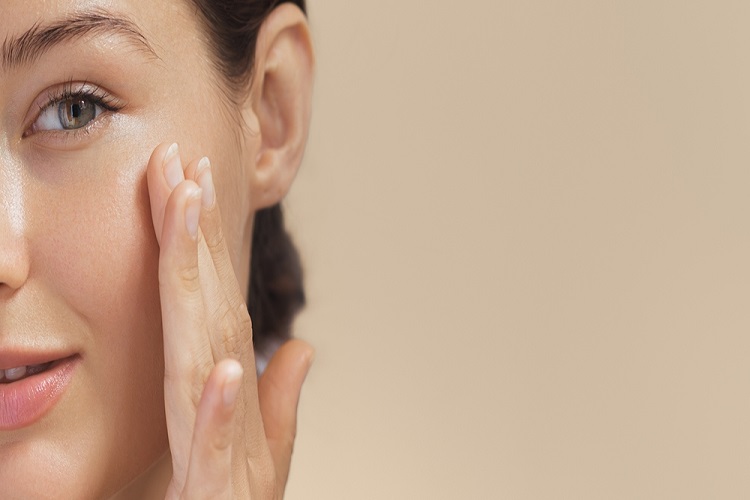Dental crowns are a common dental procedure used to restore damaged or decayed teeth. They are a type of dental restoration that covers the entire tooth, from the chewing surface to the gum line. Dental crowns can be made of a variety of materials, including porcelain, ceramic, and metal.
Table of Contents
What Are Dental Crowns?
Dental crowns, also known as caps, are dental restorations that completely cover or “cap” a tooth. They are used to restore the function and appearance of a damaged, decayed, or broken tooth. Dental crowns can be made of a variety of materials, including porcelain, ceramic, and metal.
Why Are Dental Crowns Necessary?
Dental crowns are necessary when a tooth is too damaged or decayed to be restored with a filling. They are also used to protect a weak tooth from breaking, restore a broken tooth, or cover a dental implant. Dental crowns can also be used to improve the appearance of misshapen or discolored teeth.
Types of Dental Crowns
There are several types of dental crowns available, including porcelain, ceramic, metal, and composite resin. Each type of crown has its own advantages and disadvantages.
- Porcelain Crowns: Porcelain crowns are the most popular type of crown because they are the most natural-looking. They are made of a high-quality porcelain material that is matched to the color of your natural teeth. Porcelain crowns are durable and can last for many years.
- Ceramic Crowns: Ceramic crowns are similar to porcelain crowns but are made of a different type of ceramic material. They are also matched to the color of your natural teeth and are durable and long-lasting.
- Metal Crowns: Metal crowns are made of a variety of metals, including gold, silver, and nickel. They are extremely durable and can last for many years. However, they are not as natural-looking as porcelain or ceramic crowns.
- Composite Resin Crowns: Composite resin crowns are made of a tooth-colored composite resin material. They are less expensive than other types of crowns but are not as durable.
The Dental Crown Procedure
During the first appointment, your oshkosh dentists will prepare the tooth by removing any decay and shaping it to fit the crown. They will then take an impression of your tooth, which will be sent to a dental laboratory to create your custom crown.
In the meantime, your dentist will place a temporary crown over your tooth to protect it until your permanent crown is ready. Once your permanent crown is ready, you will return to the dental office for a second appointment to have it placed.
Caring for Your Dental Crown
As well as using your teeth as tools, such as opening packages or biting your nails. If you grind your teeth at night, your dentist may recommend wearing a nightguard to protect your crown and prevent damage.
Potential Complications
Complications with dental crowns are rare, but they can occur. Some potential complications include:
- Sensitivity: Some people experience sensitivity to hot or cold temperatures after getting a crown. This is usually temporary and should go away within a few weeks.
- Discomfort: It is common to experience some discomfort or soreness after getting a crown, especially when chewing. This should also go away within a few weeks.
- Allergic Reaction: In rare cases, people can have an allergic reaction to the materials used in their crown. Ifou experience any unusual symptoms, such as swelling or difficulty breathing, contact your dentist right away.
- Crown Dislodgement: While rare, a crown can become dislodged or fall off. This can occur if the cement used to secure the crown wears down or if the tooth beneath the crown becomes damaged. If your crown becomes loose or falls off, contact your dentist immediately.
- Decay or Gum Disease: Although a crown covers the entire tooth, the underlying tooth and gums can still be affected by decay and gum disease. It is important to maintain good oral hygiene habits to prevent these issues.
- Bite Problems: In some cases, a dental crown can cause problems with your bite, leading to pain or discomfort. Your dentist may need to adjust the crown or make a new one to correct the issue.
The Cost of Dental Crowns
The cost of dental crowns can vary depending on the type of crown, the location of the tooth, and your dental insurance coverage. Porcelain and ceramic crowns tend to be more expensive than metal or composite resin crowns, but they also offer the most natural-looking results.
If you have dental insurance, your plan may cover a portion of the cost of your crown. You should check with your insurance provider to see what your coverage includes.
Conclusion
Dental crowns are a common dental procedure used to restore damaged or decayed teeth. They can also be used to protect weak teeth, improve the appearance of misshapen or discolored teeth, or cover a dental implant. There are several types of dental crowns available, including porcelain, ceramic, metal, and composite resin.
To ensure the longevity of your dental crown, it is important to practice good oral hygiene and avoid chewing on hard or sticky foods. Complications with dental crowns are rare, but they can occur. If you experience any unusual symptoms, contact your dentist right away.
The cost of dental crowns can vary, depending on the type of crown, the location of the tooth, and your dental insurance coverage. If you are considering a dental crown, talk to your dentist about which type of crown is best for your needs and budget. With proper care, a dental crown can last for many years, restoring the function and appearance of your teeth.










Comments